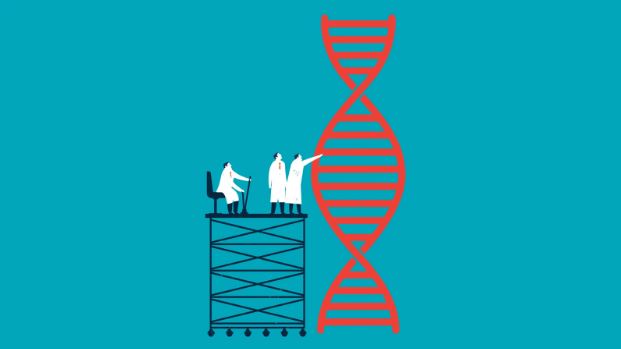
Genomic Testing Is The Future Of Personal Health
In the near future, genomic testing will be a common part of personal health. This technology allows doctors to diagnose and treat diseases at an earlier stage, which leads to better outcomes for patients. Genomic testing is also being used to develop new drugs and therapies, so it is sure to play a major role in the future of healthcare.
What is genomic testing and what are its benefits?
Genomic testing is a type of DNA test that looks at a person’s genes to find out if they are at risk for certain diseases or conditions. This information can then be used to develop a treatment plan that is tailored to the individual.
There are many benefits of genomic testing. Perhaps the most important is that it can help to diagnose and treat diseases at an earlier stage. This is because the test can identify genetic mutations that may be associated with a particular disease. For example, if a person has a mutation that is known to cause cancer, their doctor can begin treatment immediately.
Another benefit of genomic testing is that it can be used to develop new drugs and therapies. By looking at the genes of people with a particular disease, scientists can learn more about how the disease works and what might be effective in treating it. In some cases, this research may lead to the development of entirely new treatments.
Finally, genomic testing can also provide valuable information to people who are at risk for certain diseases. This information can help them make lifestyle choices that may reduce their risk, such as changing their diet or getting more exercise.
What does the future hold for genomic testing?
The future of genomic testing is very exciting. As the technology continues to develop, it is sure to play an increasingly important role in the field of medicine. In the meantime, at-home genomic tests are becoming more and more popular, so that people can learn about their own genetic risks without having to see a doctor.
What diseases can be diagnosed with genomic testing?
There are many diseases that can be diagnosed with genomic testing. Some of the most common include cancer, heart disease, and genetic disorders. However, as the technology continues to develop, it is likely that more and more diseases will be able to be detected with this type of testing.
Are there any risks associated with genomic testing?
Yes, there are some risks associated with genomic testing. The most significant risk is that the results of the test may not be accurate. This is because genomic testing is a relatively new technology and there is still much to learn about how to interpret the results. Additionally, false positives (when a person is told they have a mutation when they actually do not) and false negatives (when a person is told they do not have a mutation when they actually do) are possible. However, as the technology continues to improve, these risks are expected to decrease.
How is genomic testing being used to develop new drugs and therapies
There is a lot of potential for genomic testing to be used in the development of new drugs and therapies. By looking at the genes of people with a particular disease, scientists can learn more about how the disease works and what might be effective in treating it. In some cases, this research may lead to the development of entirely new treatments. Additionally, genomic testing can be used to screen for patients who are likely to respond well to a particular treatment. This is extremely important in the development of new drugs and therapies, as it can help to ensure that these treatments are effective and safe.
Genomic testing is becoming more and more popular, as people are beginning to realize the importance of knowing their genetic risks. This technology has the potential to play a major role in the future of medicine, as it can help to diagnose and treat diseases at an earlier stage. Additionally, genomic testing can be used to develop new drugs and therapies. The future of this technology is very exciting, and it is sure to have a profound impact on healthcare.







